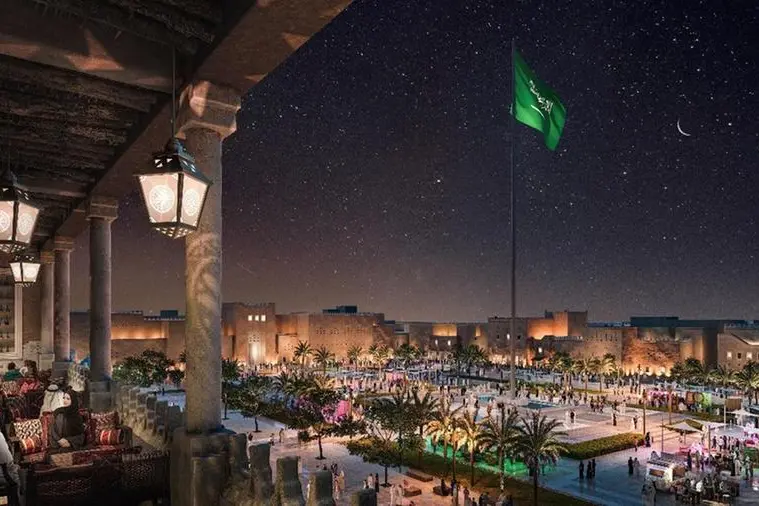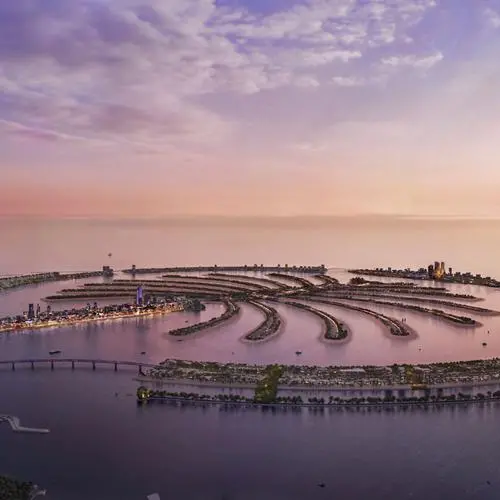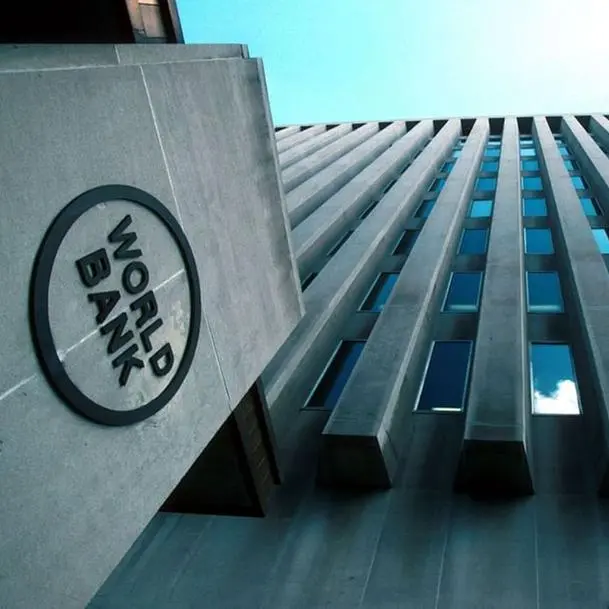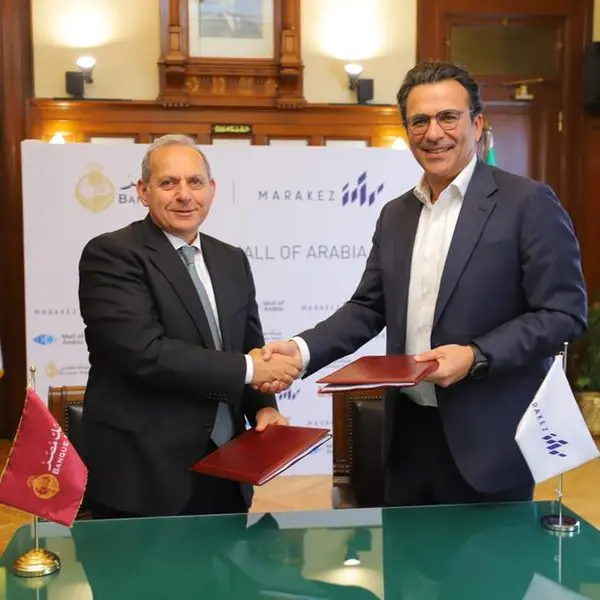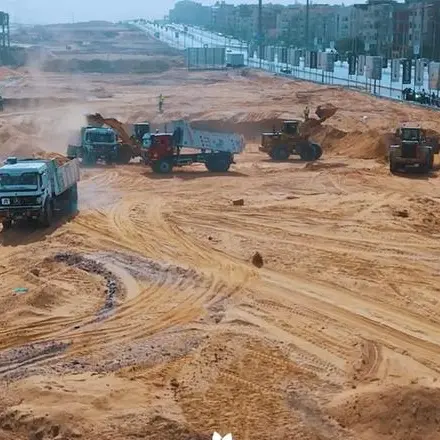PHOTO
Dubai-headquartered KPM Engineering is targeting a significant expansion in its portfolio within Saudi Arabia, which will elevate the Kingdom’s share in its GCC project portfolio from the existing 30 percent to an ambitious 50 percent by 2023, Director – Saudi Arabia Mitesh Bavdekar told Zawya Projects.
The company expanded its global team by over 50 percent due to securing key projects in the Kingdom.
“We believe that Saudi Arabia will be a construction hub in the Middle East for the foreseeable future,” he said.
Bavdekar said the KPM achieved a record year in 2022 with a 100 percent increase in revenue.
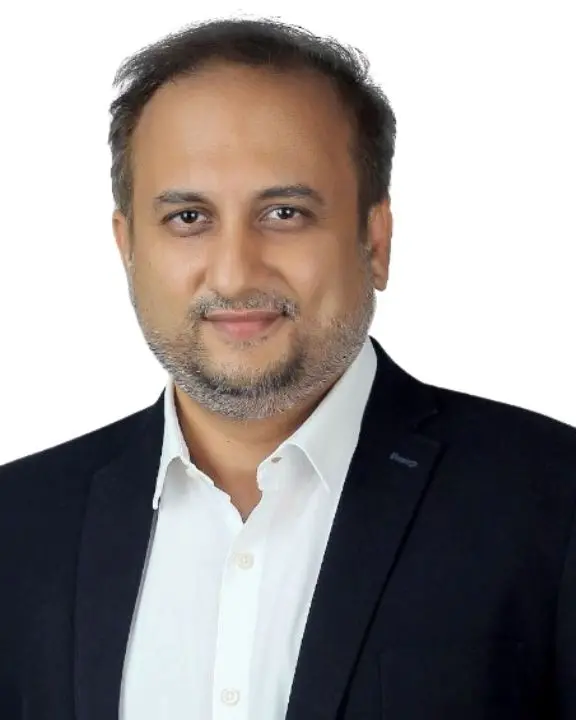

The company will continue to secure more high-profile projects in the UAE and other GCC countries in the sectors such as mixed-use developments, commercial, leisure, and hospitality, he noted.
Excerpts from the interview:
What are the key factors contributing to your company's successful track record in Saudi Arabia?
As a global company with multiple clients in several countries, KPM Engineering understands that each market operates differently. We have worked across multiple projects in the GCC since 2012, including several notable projects in Saudi Arabia. Our deep understanding of the Saudi market and culture allows us to meet the specific requirements of operating a successful business in the Kingdom.
One of the significant contributors to our success in Saudi Arabia is our involvement and expertise in projects such as NEOM, one of the most ambitious and largest mega-city projects globally. We have also been involved with Diriyah Gate Development Authority (DGDA) and a five million-square-foot mixed-use project in Makkah. Additionally, we are working on a residential and mixed-used project on King Abdullah Road in Riyadh developed by Liwan and a one-million-square-foot DoubleTree hotel in Jeddah.
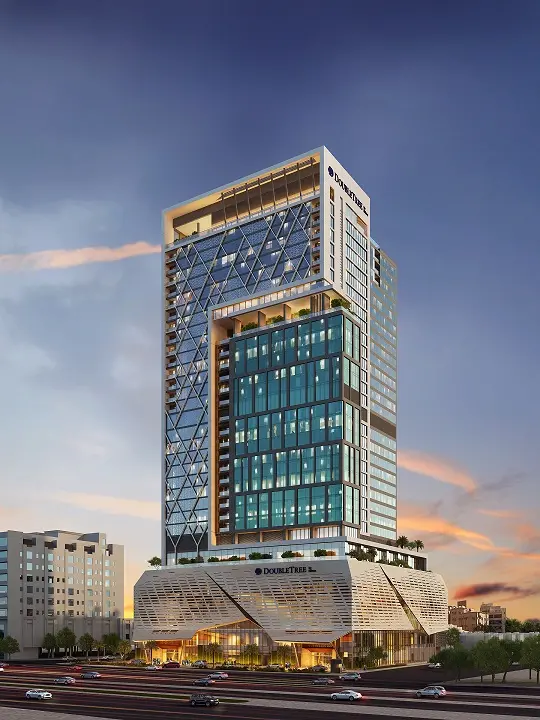

Through our value partnerships and reputation among key stakeholders, we have secured more projects in Saudi Arabia, with many more in the pipeline. Our vision is aligned with Saudi Arabia's Vision 2030, which we believe will ensure that the Kingdom continues to be the leading construction hub in the Middle East for the foreseeable future.
With nearly 50 percent of KPM's GCC tally coming out of Saudi Arabia, how is the rest of the Gulf shaping up?
While Saudi Arabia remains our primary focus for business growth, we continue to concentrate on projects in the UAE. Over the past 10 years, we have operated in the UAE across diverse sectors, such as mixed-use and hospitality projects, which have driven our growth. UAE and other GCC countries, including Qatar, have grown steadily in terms of projects secured in the last few years. Our long-standing relationships with clients have resulted in ongoing and repeat project wins across the GCC.
What sets KPM apart from other engineering firms in delivering large-scale projects?
KPM Engineering distinguishes itself as an adaptive engineering firm that operates efficiently in different market conditions and dynamics. Our agile approach to engineering, client flexibility, and cultural awareness of each country we work in has led to KPM creating and maintaining long-term beneficial client relationships.
We also take a digital technology-based approach to delivering our services. As early adopters of technologies such as BIM automation, software development for design processes, digital twin, and generative design, we are a future-ready engineering practice that understands the importance and benefits of digitalisation and technology in large-scale projects.
Clients recognise the value of forging long-term partnerships with us as we assist them in adapting to and implementing emerging technological trends.
What are the biggest challenges facing the construction sector in Saudi Arabia?
The construction sector in Saudi Arabia has experienced rapid growth in recent years, driven by Vision 2030 and giga-projects. However, this growth has brought about various challenges that must be addressed. These include:
Logistics and materials supply: Ideally, materials should be sourced locally. However, due to the high volume of materials required, such as concrete and reinforcing bars, import from external markets to supplement local supplies is often needed. Importing by road, rail, or shipping can create logistical issues, and infrastructure must be continuously updated to meet material demands.
Supervision and labour: The need for skilled staff may stretch local resources and require the recruitment of international talent. Suitable accommodations need to be provided to accommodate the influx of employees working on projects, sometimes requiring quick construction.
Specialist materials and equipment: Essential construction elements, such as glass for curtain walling, chillers, pumps, firefighting equipment, elevators and escalators, may need to be imported. Careful planning is required to ensure timely delivery of these items to meet project deadlines.
To mitigate these challenges, KPM Engineering guides clients on constructability, logistics planning, and modern methods of construction (MMC). We discuss the ecosystem required to design and build a project with each client from the initial stages, adopting methodologies such as MMC and Design for Manufacturing and Assembly (DFMA) to streamline sourcing. Our focus is on helping clients build projects quickly and efficiently.
How does KPM plan to attract top talent, including Saudi talent, as it expands its international team?
We recognise that engineers are attracted to state-of-the-art, complex, and challenging projects that allow them to excel professionally. KPM Engineering has a diverse portfolio of projects, including complex and challenging ones, which helps us attract top talent in the industry. We provide development and training opportunities to upskill our team members and engage in knowledge-sharing programs to foster growth within the business.
Please tell us more about your approach to sustainability and how it informs your work.
Sustainability is a fundamental aspect of KPM's approach to building design. We overcome unique challenges and leverage opportunities specific to the region to implement sustainable practices.
For example, in a 4.5 million square foot mixed-use project in Makkah, we analysed incident solar radiation on the façade. We determined that an overhang of one metre on each floor reduced the incident solar radiation by almost 40 percent on the southeast façade. Stormwater from the terraces was piped down and proposed to be discharged to recharge pits for groundwater recharge. Such project-specific measures are integrated into our designs from the initial stages, enabling clients to implement sustainable practices and engineering methodologies right from the start of a project.
Our focus on sustainable engineering is also integral to the current engineering landscape, as clients are increasingly aware of the benefits of sustainability in the built environment.
What are the most exciting trends in the engineering industry currently, and how is KPM staying ahead?
The most exciting trends in the engineering industry are digital transformation, digital twin technology, and automation. To stay ahead, KPM Engineering has been an early adopter of digital technologies, implementing BIM across projects to ensure transparency and collaboration with stakeholders. This approach provides accurate bills of quantities for cost management and early detection of potential issues to avoid rework on sites, helping accelerate project execution and delivery.
Software development using C#, Python, and Dynamo allows us to build Revit plug-ins, which help us deliver faster and higher quality services on complex projects using automation tools.
Additionally, our in-house R&D team is exploring the implementation of generative design based on artificial intelligence and machine learning models, pushing the boundaries of early design.
We also recognise the growing importance of digital twin technology, which enhances the performance and maintenance of buildings. By collecting and analysing building data, which is often overlooked, we can provide clients with insights for better-informed decision-making regarding their assets and maintenance requirements.
How do you see KPM evolving in the next 5-10 years?
As an innovative design-led engineering practice, we will continue implementing technologies that improve efficiency, productivity, collaboration and communication. Over the next decade, we will develop this aspect of our business, ensuring we provide high-quality, cost-efficient, and sustainable solutions to our clients to achieve our growth and business goals while simultaneously assisting our clients in attaining theirs.
Simultaneously, we will continue securing high-profile projects in the UAE and other GCC countries, focusing on mixed-use developments, commercial, leisure, and hospitality sectors.
(Reporting by P Deol; Editing by Anoop Menon)
